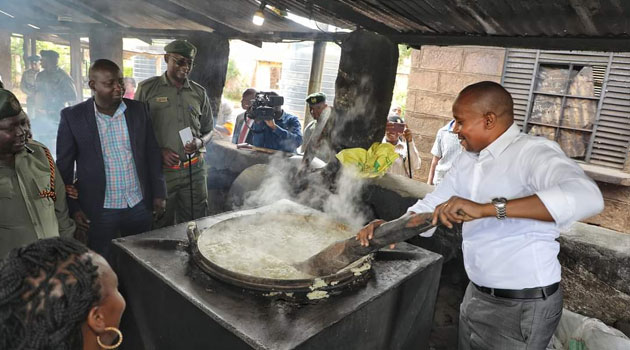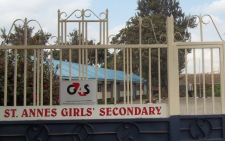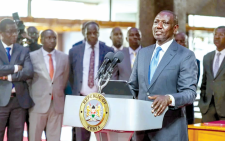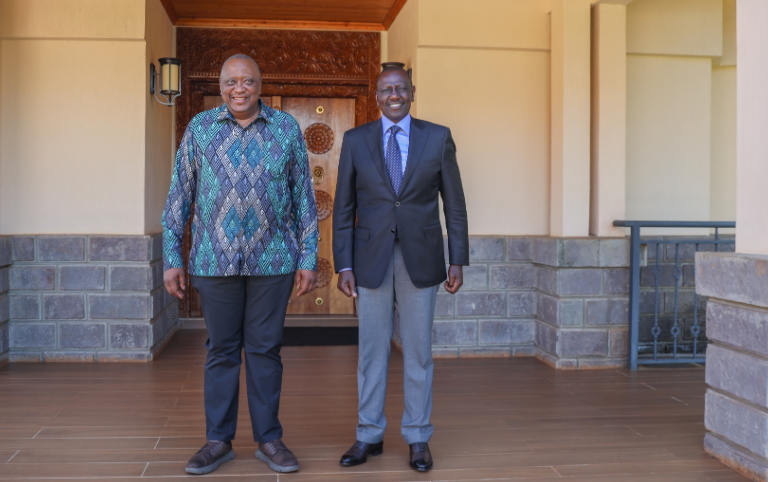Walk the talk in pending bills saga

Parliament’s demand that pending bills be given priority as a first charge in the budget implementation cycle before embarking on new financial commitments is spot on.
This is because government has been accumulating huge bills at all levels, a tendency that seriously hampers completion of development projects.
The pending bills figure keeps rising even with official declarations that the cash would be paid and one wonders what drives appetite for more debt.
In 2020, government’s unpaid bills to suppliers and contractors surged to Sh322.5 billion by the end of December, compared to Sh89.9 billion at the end of the previous year.
State-owned corporations owed suppliers Sh274.3 billion or 85 per cent of the pending bills while government ministries and departments accounted for Sh48.2 billion or 15 per cent of the pending bills at the end of last year.
This must worry any economist and the noises from Parliament must bear fruits.
For money that is supposed to boost economic development, particularly in the private sector, the current state of affairs must be addressed, hence the need to push all knobs to ensure the funds are allowed to trickle down.
While at it, the government must look outside the box and start asking hard questions.
For instance, what motives could be at play when there is increased spending and no money to pay?
Just the other day, the State Department for Correctional Services was on the spot over irregular payment of nearly Sh1 billion to suppliers who did not make any deliveries to Kenya Prisons.
In a move that rekindles past mega scandals, an audit unearthed pending bills on behalf of various prison stations, showing the department shelled out Sh975.7 million to what might turn out to be ghost suppliers.
The Prisons Department, which hosts 129 correctional institutions out of which nine are maximum-security installations, is normally supplied a variety of items such as foodstuff and clothing.
From the foregoing, questions abound if pending bills are conduits for taxpayers to lose revenue to cartels who slow down payment processes to cover their tracks?
If the State can answer this question and further check what informs surging bills in counties, fiscal discipline would flourish and suppliers would be paid within reasonable time.
Otherwise we should not allow civil servants to manipulate books of account only to cleanse them every financial year in the name of pending bills.













